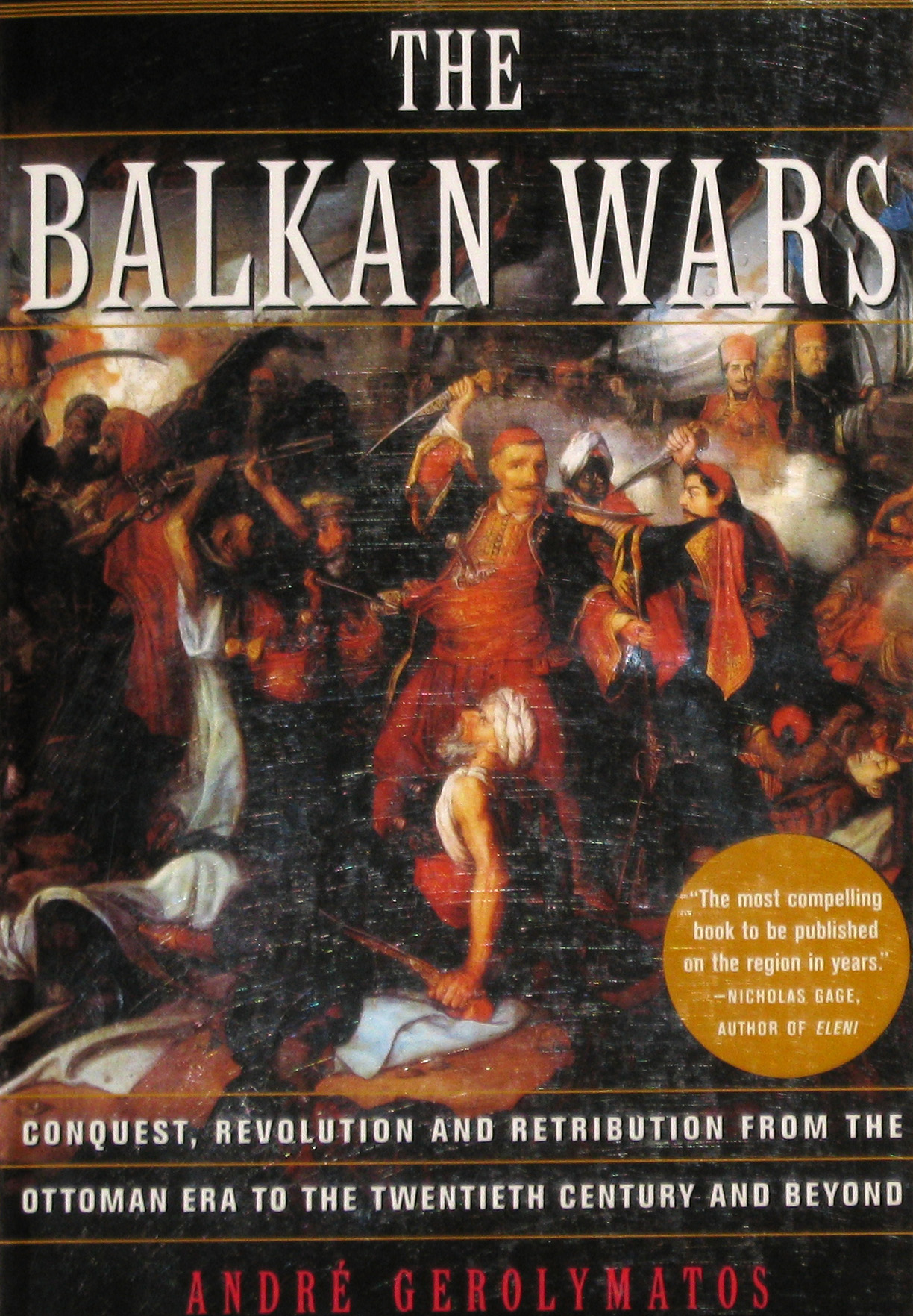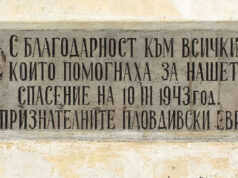 Much of Balkan politics is incomprehensible to foreigners. With little historical background, it is difficult for the casual observer to fathom the depth of local feeling that has so often boiled over into violence, atrocities and war. In The Balkan Wars: Conquest, Revolution and Retribution from the Ottoman Era to the Twentieth Century and Beyond, André Gerolymatos attempts to draw out the historical attitudes, positions and loyalties that have come to define the region and its people.
Much of Balkan politics is incomprehensible to foreigners. With little historical background, it is difficult for the casual observer to fathom the depth of local feeling that has so often boiled over into violence, atrocities and war. In The Balkan Wars: Conquest, Revolution and Retribution from the Ottoman Era to the Twentieth Century and Beyond, André Gerolymatos attempts to draw out the historical attitudes, positions and loyalties that have come to define the region and its people.
Gerolymatos begins the book with a comparison of two events which share the same calendar date, separated by over five centuries: the famous Battle of Kosovo between Serbs and Ottomans in 1389 and the 1914 assassination of Austrian Archduke Franz Ferdinand by a Serbian nationalist that ushered in World War I. From the juxtaposition of these two events, he begins to peel back the layers of history that demonstrate how the fabric of the Balkans has been woven over time into a tapestry of events that continues to repeat the fundamental patterns established centuries ago. Each new era seemingly leads inexorably to a renewal of old rivalries and of ethnic strife, political intrigue, and atrocities against innocents.
The author in turn treats various facets of historical development in the region, including the rise of the Ottoman empire and its influence on local populations, the role of the church and local strongmen in the development of society, the importance of religious, familial and ethnic connections among individuals and groups, and the impact of competing territorial claims on international relations. He skillfully describes how each of these factors simmered for centuries until finally erupting in the titular event: the Balkan Wars of 1912-13.
Interspersed throughout is a running commentary on Great Power politics, and the end of the Balkan Wars is portrayed as just another way station in the long cavalcade of stalling actions by outsiders desperate to protect their own interests.
The description of surprisingly complex relations between Russia and Bulgaria is of particular interest. Often hailed as the saviors of the country for their assistance freeing the Bulgarians from the Turks, Gerolymatos demonstrates that for the Russians, the war against the Porte and subsequent support for the Bulgarian state was more strictly defined by self interest rather than magnanimity.
Gerolymatos also exposes the genesis of Bulgarian claims for including Macedonian territory in the Bulgarian state and, in turn, addresses the competing claims of other Balkan countries to the same patch of ground.
This book will be of interest to anyone who has struggled to understand the willingness of so many to follow in the violent footsteps of their forebears, and does a credible job of filling in the gaps to explain the roots of tensions in the region today. The realization that not much has changed in the last six centuries leads to the inescapable conclusion that violence in the Balkans is not yet at an end.
ISBN-10 0-465-02731-8, ISBN-13 978-0-465-02731-6 (cloth)
ISBN-10 0-465-02732-6, ISBN-13 978-0-465-02732-3(paper)
Contents:
Preface
Map of the Balkan Peninsula, 1912-1913
Chronology
- Introduction Memory of Terror
Chapter 1 Assassination, Martyrdom, and Betrayal
Chapter 2 The Ottoman Era: The Birth of Balkan Mythology
Chapter 3 Bandits with Attitude
Chapter 4 Ethnicity versus the Nation State
Chapter 5 Fire, Sword, and Blood: The Birth of the Balkan State
Chapter 6 Intractable Boundaries: Balkan Battlefields
Epilogue A Wedding in Sarajevo, 1992
Notes
Bibliography
Index
Citation:
Gerolymatos, André. The Balkan Wars: Conquest, Revolution and Retribution from the Ottoman Era to the Twentieth Century and Beyond. New York: Basic Books, 2002.












